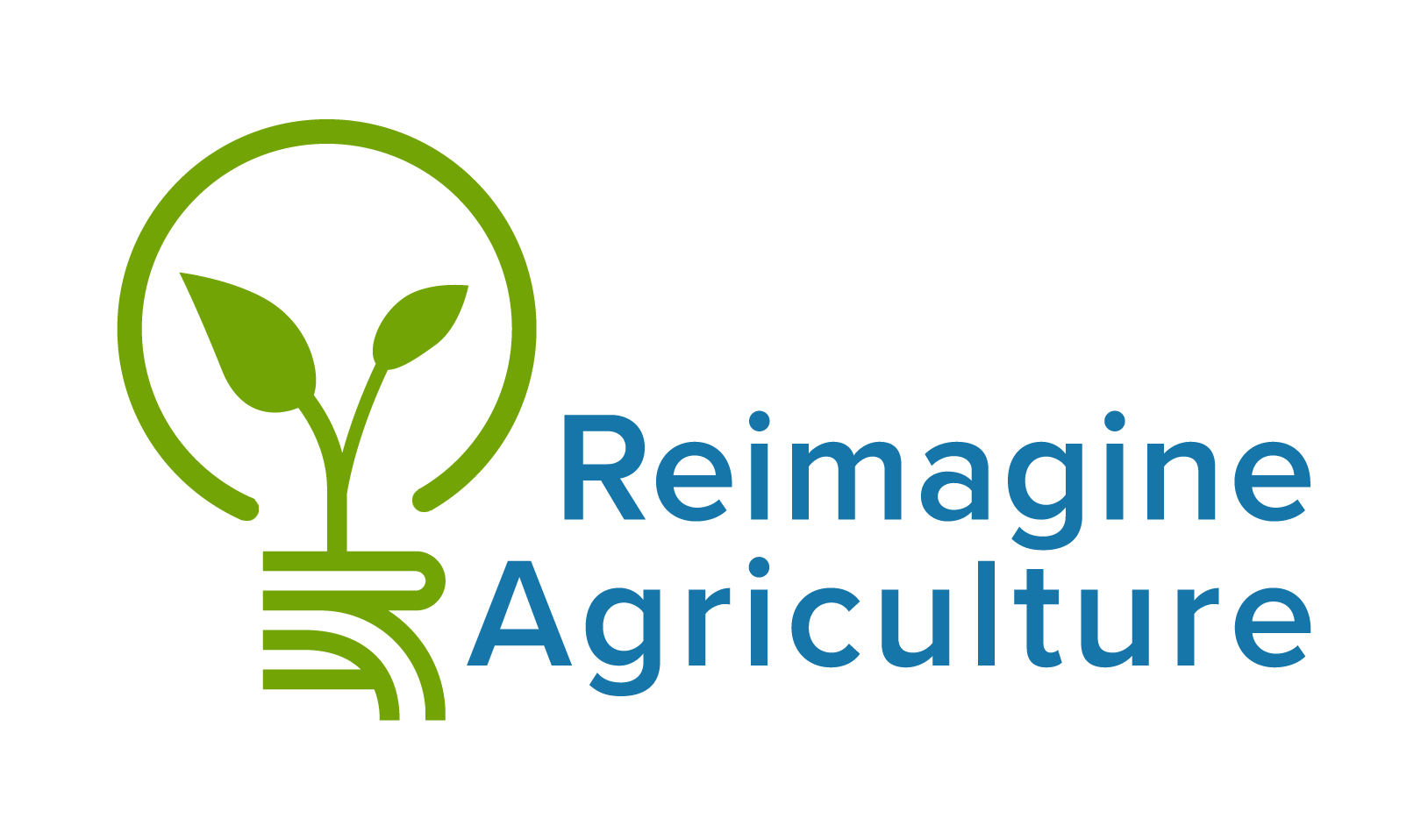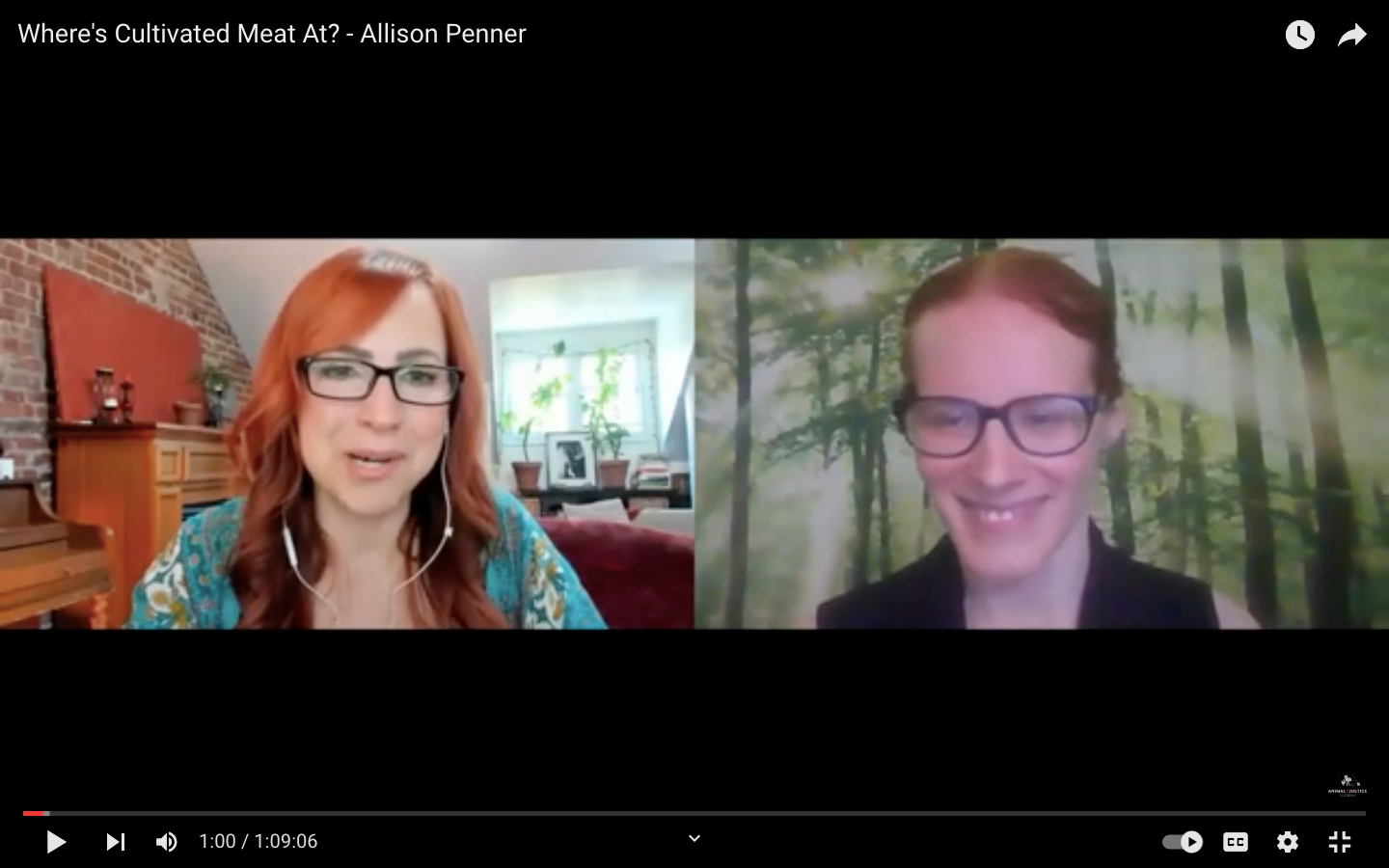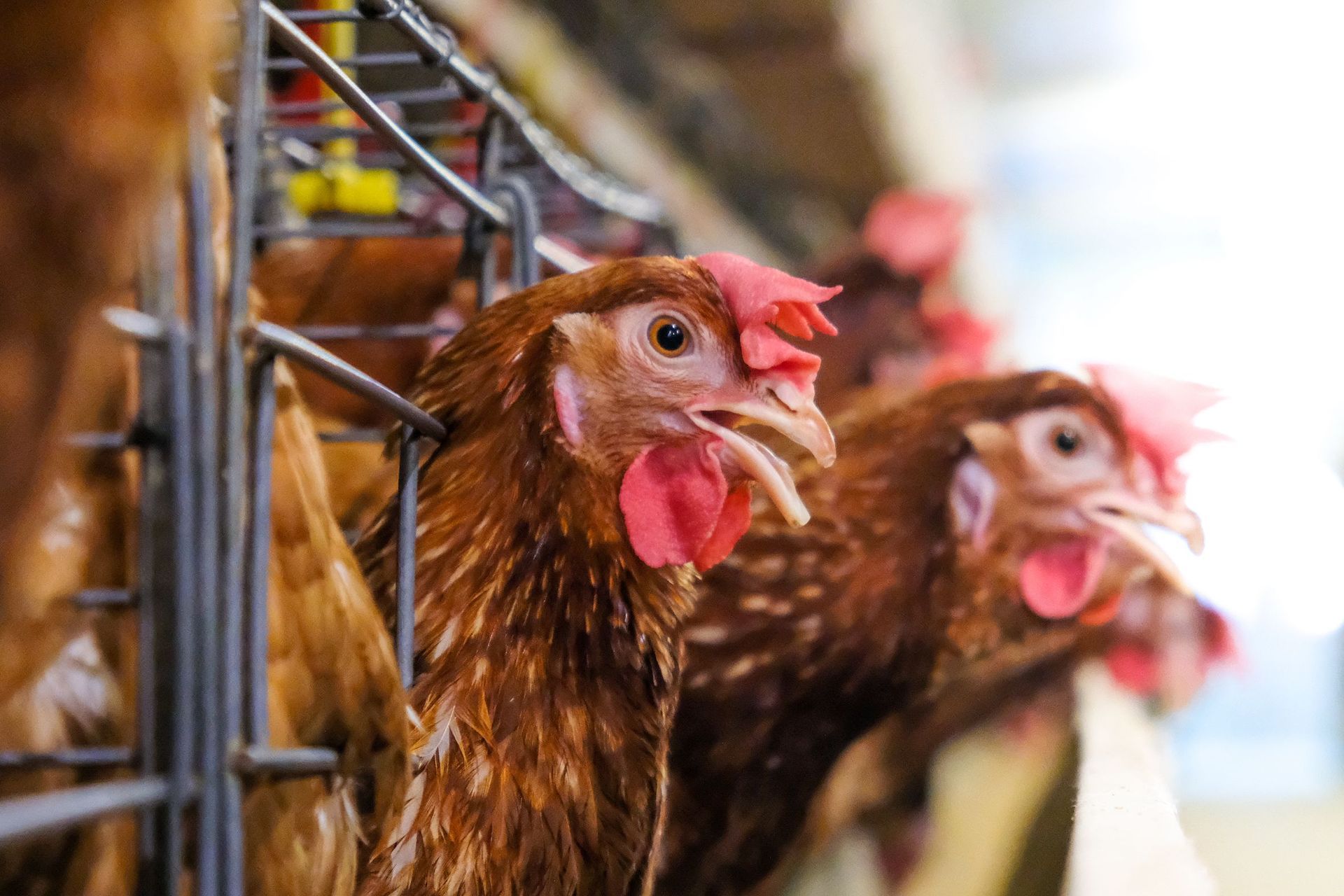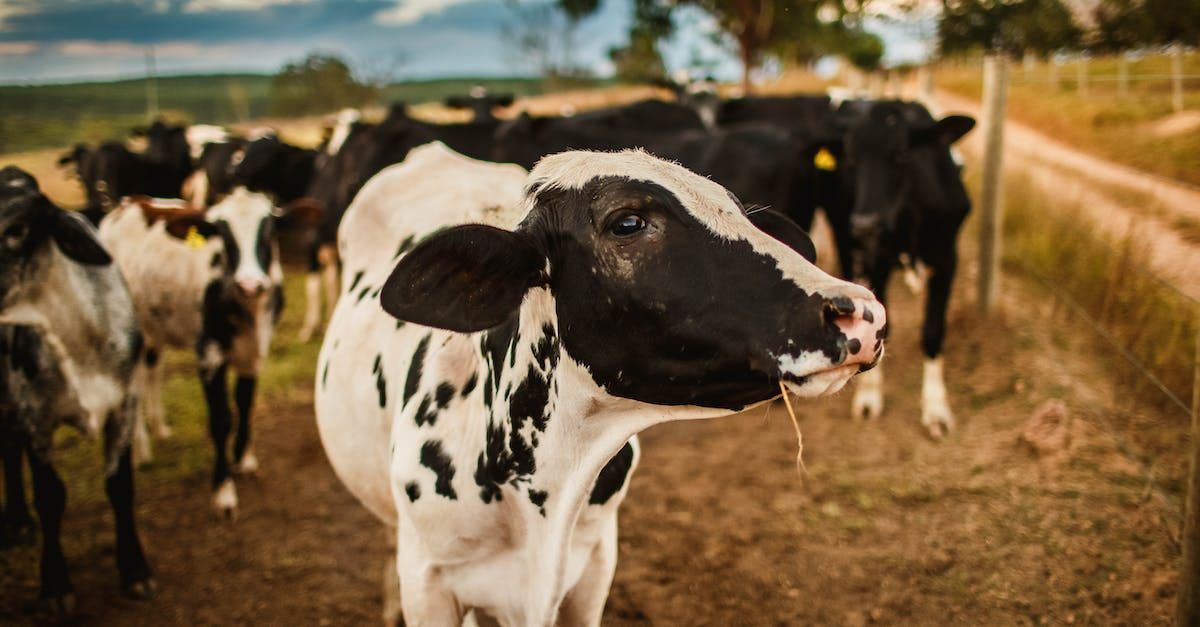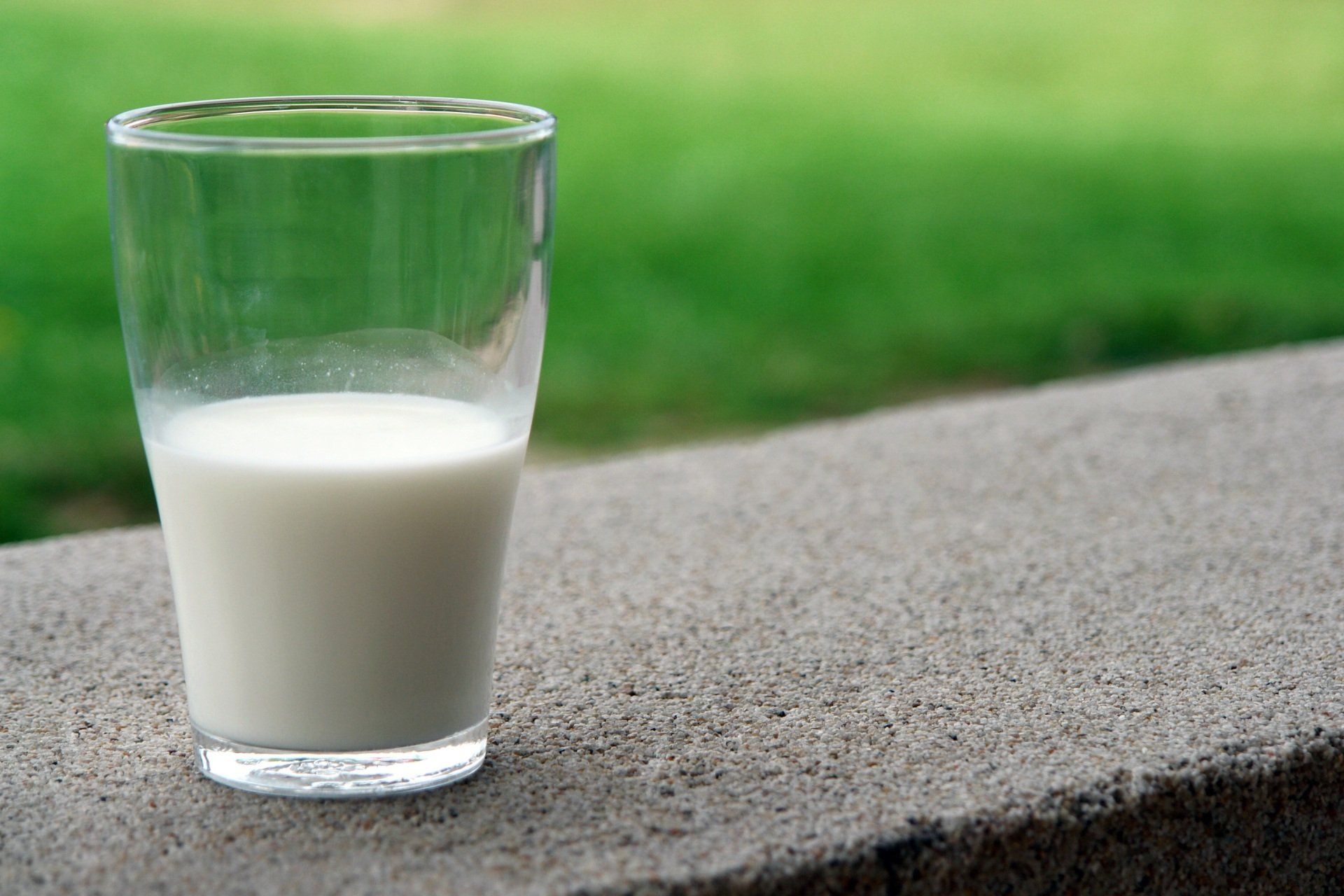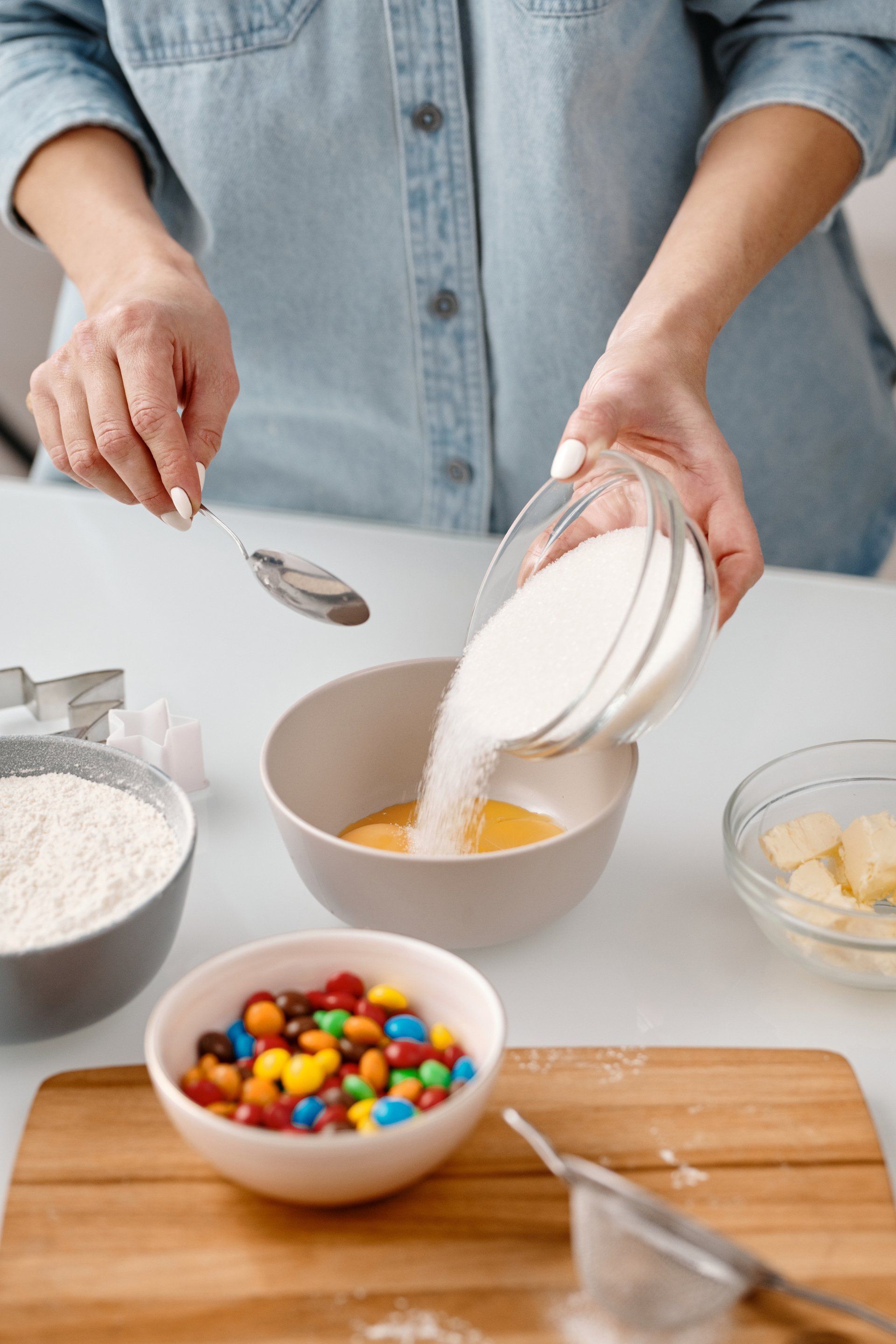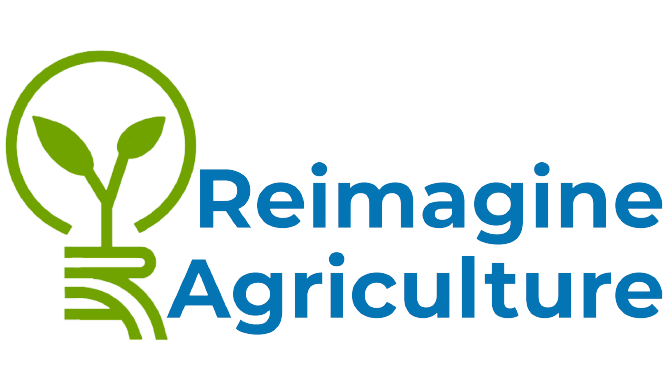How sustainable is your latte?
December 3, 2020
Choosing sustainable vegan milk options for your next morning tea or coffee

We’re fortunate to live in a world today where there is an abundance of dairy-free/vegan milks to choose from, when just a few years ago the options were either limited or non-existent. However, this also means we may sometimes struggle with figuring out what milks options are the most sustainable, and also which ones have the right consistency, taste, and texture that we’re looking for when we think of “milk”. There are many reasons to make the switch to drinking dairy-free milk, and one of the main reasons is dairy’s exorbitant environmental impact in comparison to non-dairy alternatives.
To help keep your non-dairy milk consumption as low-waste as possible, we’ve done some digging and we’re going to highlight some of the most evidence based sustainable milk alternatives and offer a review on their taste and ability to offer a suitable replacement for your coffee and tea needs!
Environmental Impact of Dairy Milk
Critical research from the Natural Resources Defense Council (NDRC) explains the energy input required
to produce dairy milk and the significant carbon footprint acquired during its consumption. In particular, raising dairy cows is not just about the cow itself, but about the grains required to feed and raise cattle and the resources needed to produce enough of these grains. Growing these grains takes a significant amount of fertilizer and pesticides, classifying it as “one of the most greenhouse gas-intensive foods” you can purchase. Furthermore, huge amounts of land, constant electricity and water are needed to hydrate and sustain the cows for dairy milk production. Pretty alarming right? Not to mention, rearing cattle itself is highly greenhouse gas intensive, due to the excess of methane and nitrous oxide present in cow burps and manure (yes, we said it!). This excess in greenhouse gases leads to both air and water pollution, further exacerbating climate change and causing significant harm/damage to both the workers and people in areas surrounding factory farms. If that’s not all, raw dairy milk takes a lot of energy to process, package, and be shipped to grocery stores all across the world.
Choosing Non-Dairy Milks Lowers Your Overall Environmental Impact! Here’s How:
One of the largest studies ever conducted, has indicated that “avoiding meat and dairy is [the] single biggest way to reduce your impact on Earth”. Additionally, the study revealed livestock now takes up as much land as humans, leading to much more environmental harm than the least sustainable vegetables or cereals grown globally. Pretty daunting right? Well, there’s good news! There’s a rather simple solution to reducing your overall impact, and the 2018 study by Joseph Poore of Oxford University found that “A vegan diet is probably the single biggest way to reduce your impact on planet Earth, not just greenhouse gases, but global acidification, eutrophication, land use, and water use”. Good news, right? Now, to choose the most sustainable milk options! To be honest, the total impact of all non-dairy milk combined is much less than the impact of dairy milk, so whatever choice you make, will be more sustainable.
Three Non-Dairy Milks with Low Environmental Impacts
The three main dairy-free milk alternatives that we have chosen to highlight in this post are: oat milk, hemp milk, and pea milk. We’ve based our findings on research that has shown that these three plant milks are some of the lowest impact milk alternatives. This is because they require the least amount of water to grow and also produce fewer emissions than their counterparts (i.e. soy milk). Furthermore, not only are these milks low-impact, they are high in creaminess, health benefits, and offer an excellent “dairy-like” replacement, without the negative environmental impacts of dairy milk! With this in mind, let’s dive into the benefits of each of the three plant milks.
Oat Milk
Oat milk is another excellent non-dairy milk alternative! It’s become increasingly popular in the last few years, with big chain coffee shops like Starbucks, now providing it as an option for their popular latte creations!
What makes oat milk so great? Well, in addition to it’s super smooth and creamy texture, and ability to foam/froth super well, it uses six times less water to grow oats (than it does to grow almonds!) and has a low carbon footprint. Oats also use ten times less land and produce three times less greenhouse gas emissions than cow’s milk. Better yet, one of my favourite brands, Earth’s Own, produces their oat milk using only Canadian grown and gluten free oats, reducing its carbon footprint locally and making it even more accessible to anyone with dietary allergies.
Have you tried and love oat milk as much as we do?
Below is a picture of my favourite brand of Oat Milk, and guess what? It’s Canadian! It’s called Earth’s Own, and you can find it here.
Hemp Milk
Hemp milk is an excellent plant alternative, offering a super creamy consistency, and a wonderful option for your tea or coffee. In addition to its excellent creaminess (seriously… so creamy!), there are incredible health benefits associated with it. This milk contains a large amount of high-quality protein and important fatty acids (linoleic acid or omega-6 and alpha-linolenic acid or omega-3). Many vegans (and some non-vegans alike) consume large amounts of hemp seeds due to their health benefits, so why not make the switch to hemp milk too? The fatty acids found in hemp milk support an improved cardiovascular system, helping maintain a healthy level of cholesterol, and fortifying skin as well.
All of these benefits are obtained while still respecting the environment and causing no harm to animals or the planet! Better yet, hemp is grown right here in Canada, limiting the total amount of energy and miles used to transport it within the country. The production of hemp is extremely eco-friendly
as well. Hemp uses much less water and produces higher yields per hectare. It is also highly resilient to pests and diseases, meaning it requires less use of pesticides (which are very harmful to the environment, linked to climate change, and contribute to pollution of water bodies). If that’s not all, hemp directly contributes to combating global warming by absorbing CO2 from the atmosphere. Finally, (I know right? The benefits are endless!) hemp results in less waste overall, as almost every part of the plant is usable, unlike some other plants whose outer shells, are not usable.
So what are you waiting for? I hope you make the switch to this delicious milk soon!
Pea Protein Milk
Plant based pea protein milk is another excellent non-dairy milk alternative! With the same amount of protein per glass as cow’s milk, pea protein milk is a fantastic non-dairy option. Depending on what you prefer, there are both sweetened and unsweetened options, and we now have access in Canada, to a barista blend from Swedish company Sproud. According to their claims, pea milk is one of the most sustainable milk options as not only is it plant based, with a 25% less carbon footprint than Cow’s milk, Sprout peas actually put nitrogen back into the soil, making it a highly regenerative crop! It makes the soil happy and the Earth happy, and in turn we get delicious pea-based milk that is good for the environment and our health. With regard to its production, Sproud uses protein made from dried yellow peas currently cultivated here in Canada itself, with a producing facility located in Toronto, meaning a shorter and more local supply chain. Ripple
is another brand available in Canada, and they too, source their peas from Canada (along with the U.S. Midwest).
If that’s not enough, pea protein milk is a great eco-conscious milk alternative, as the peas are often grown with little to no irrigation and the need for chemical/artificial fertilizers. Furthermore, growing peas requires six times less water than their more popular counterpart - almonds - further reducing its overall environmental impact and carbon footprint.
Making Your Own Non-Dairy Milk (Yes, you can!)
Links to Recipes:
Here are a few links to some of our favourite guides for making your own non-dairy milk at home! Happy milking!
By Samara Bhimji
To download an enhanced copy of this bog with photos, links and graphs, please click here
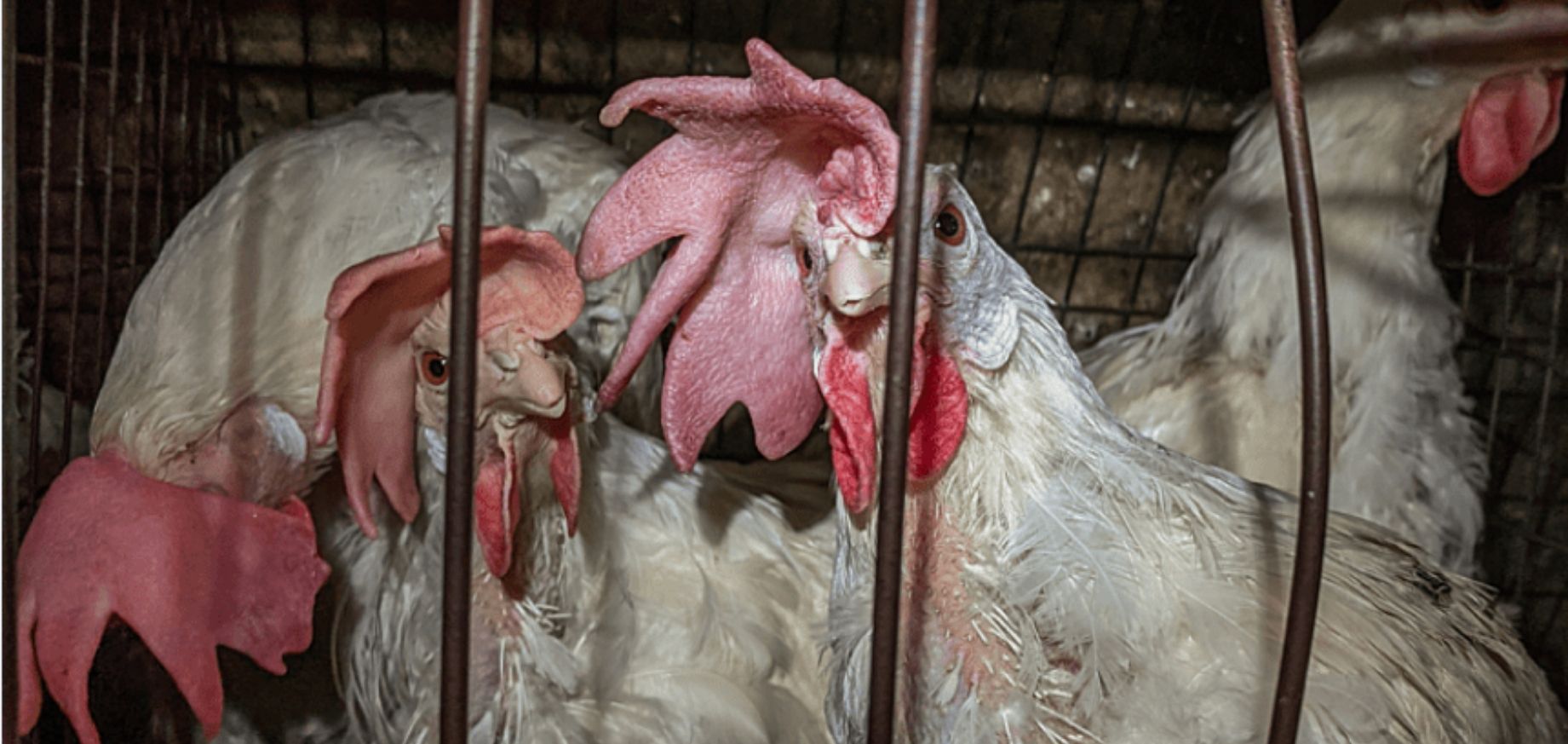
Originally posted on Mercy For Animals' web blog . I am grateful for Mercy For Animals’ work in highlighting the unacceptable lack of progress in cage-free hens in Canada, as outlined in their new report, Beyond the Commitment: Evaluating Cage-Free Progress Across the Canadian Retail Sector . As the report demonstrates, Canada’s percentage of cage-free hens (20%) lags behind global standards, including those of the US (45%), Australia (62%), and the EU (82%). This failure to meet the most basic standards of the agricultural industry highlights the lack of governance and transparency in Canada’s food system. The reality is that there are no federal standards for farm animal welfare. To quote a former farm worker, “You don’t need to be an animal advocate to believe in cage-free hens”. It is clear to any typical individual who visits these operations that caged hens are unacceptable. It is not a matter of if, but when cage-free hens become required by law. The agricultural industry can do itself a favour by taking steps forward and becoming a leader, rather than watching itself lose the trust of consumers and face greater regulation at a far higher cost. Allison Penner is the Executive Director of Reimagine Agriculture . She drives collaborative solutions to key challenges in Canada’s food system, focusing on food tech, cultivated meat, food waste reduction, and plant-based food systems through policy development, public education, and media commentary on a forward-thinking agricultural future.
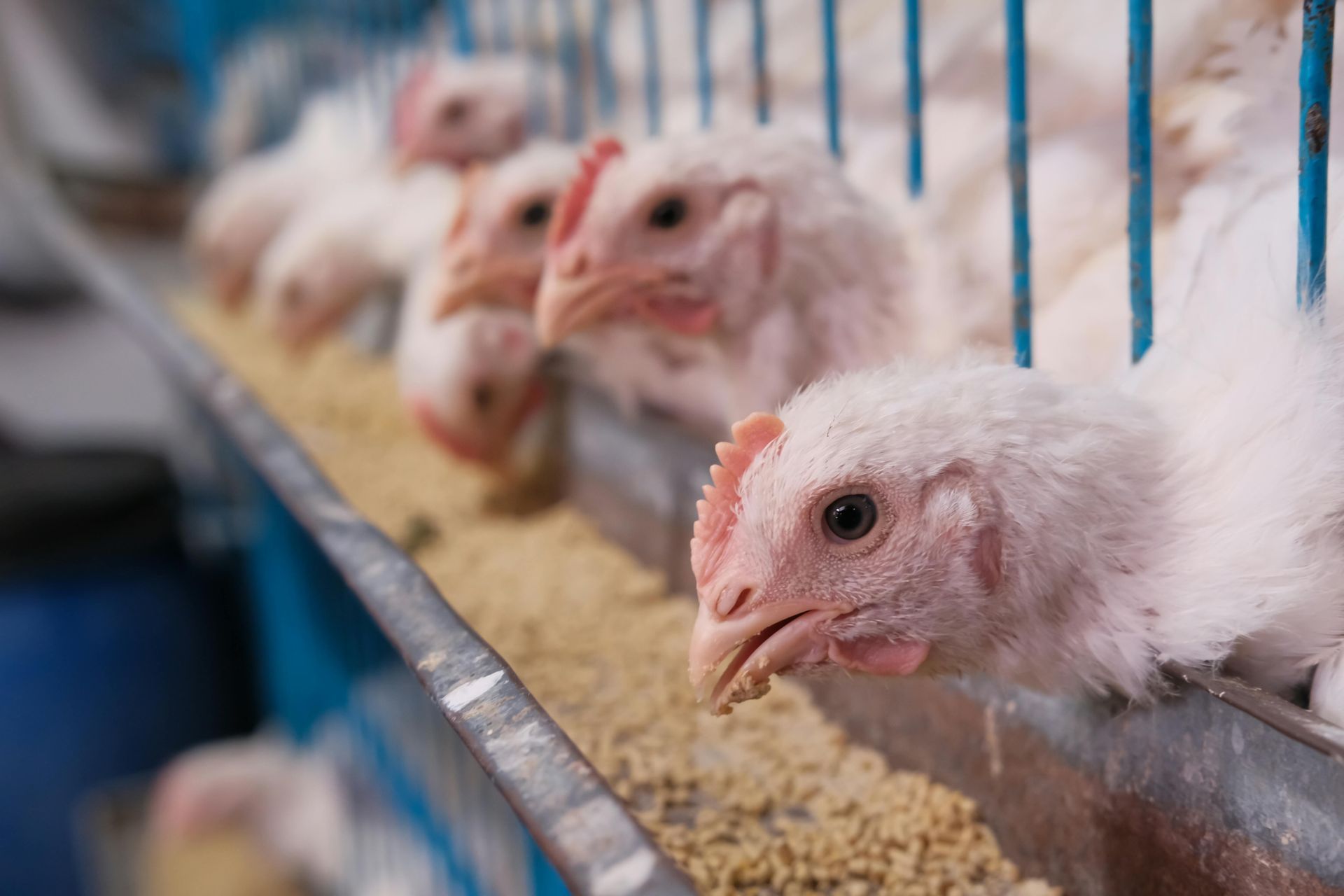
The 2024 Canada Animal Welfare Scorecard evaluated animal welfare commitments and transparency across 40 leading Canadian food companies. Focusing on cage-free eggs, gestation-crate-free pork, and adherence to Better Chicken Commitment (BCC) standards, the report uncovers serious gaps in transparency, industry-wide “humanewashing,” and persistent animal welfare issues. Here’s a breakdown of the most troubling findings. 1. Lack of Transparency in Major Retailers and Foodservice Providers Walmart Canada, Calgary Co-op, and Federated Co-operatives have demonstrated minimal transparency, failing to publish updates or roadmaps on their animal welfare commitments. Walmart Canada is the only top-five retailer in Canada not reporting any progress on welfare practices, despite publishing incremental updates in the U.S. Meanwhile, Calgary Co-op still lacks any published policies or progress toward ending confinement for hens and pigs, despite its members’ vote to support humane conditions over a decade ago. 2. Misleading Industry Claims and "Humanewashing" Tactics A major issue facing Canadian consumers is the widespread “humanewashing” in the food industry, where companies use misleading labels and terminology to suggest higher animal welfare standards than actually practiced. Companies like Burnbrae Farms label their eggs as “Nestlaid,” implying cage-free conditions, which leads nearly half of surveyed consumers to mistakenly believe these eggs come from open barns. Industry groups, including Chicken Farmers of Canada , amplify this confusion by using terms like “family farms” to evoke images of small, humane operations, even when products are sourced from intensive confinement systems. Rather than improving actual welfare standards, these organizations invest heavily in shaping public opinion through corporate responsibility reports and marketing campaigns, leaving consumers misinformed about the true conditions behind their food. 3. The Crisis of "Frankenchickens" in Poultry Production The Canadian poultry industry’s use of ultrafast-growing birds, often termed “Frankenchickens,” remains a primary welfare issue. These birds are bred to grow four times faster than chickens in the 1950s, resulting in painful health problems and limiting their ability to move or access food and water. Although companies have pledged to stop using these breeds by 2026, few have shown significant action on this front. Major Canadian poultry producers continue to use these breeds, creating severe welfare implications. 4. Continued Use of Gestation Crates for Pigs Gestation crates remain the norm across Canadian pork production, confining mother pigs in cramped stalls that prevent them from turning around. Some progress is evident, with companies like Costco and Starbucks Canada reporting steps toward group housing. However, Walmart Canada and Federated Co-operatives have not published policies or progress. While the industry timeline for complete phase-out stretches to 2029, these companies have yet to implement meaningful welfare improvements, prolonging extreme confinement for Canada’s 1.2 million breeding sows. 5. Slow Progress in the Shift to Cage-Free Eggs Despite growing opposition to cage confinement from Canadian consumers, the Canadian egg industry continues to invest in “enriched” cage systems that offer only minor improvements over conventional battery cages. Companies like Metro and Sobeys committed to sourcing cage-free eggs but report slow progress across their supply chains, while Calgary Co-op has yet to report any steps forward. Globally, over 2,600 companies have committed to eliminating cages, but Canada falls behind due to its reliance on slightly modified cage systems. Moving Forward: Accountability and Clear Roadmaps Required Companies need transparent roadmaps, annual goals, and consistent reporting to keep pace with rising consumer and investor expectations. Brands such as A&W Canada, Aramark, and Panago Pizza have set strong examples, publishing BCC-compliant policies and reporting progress, proving tangible progress is achievable. However, for others, a significant gapremains between public promises and the welfare practices in their supply chains.
